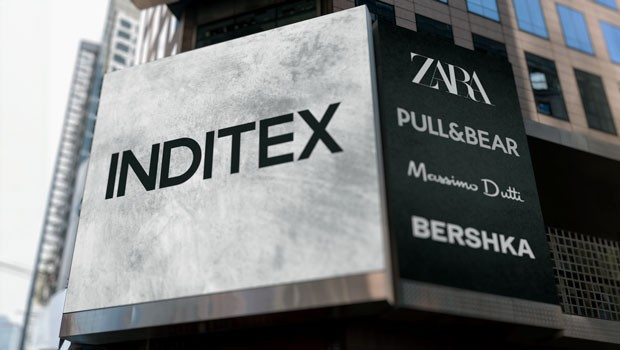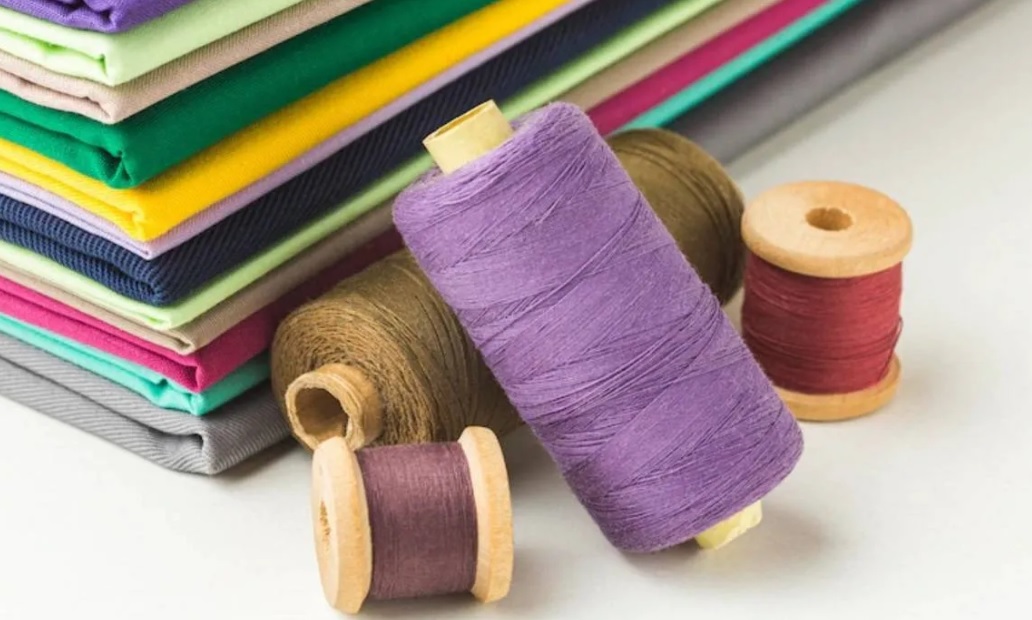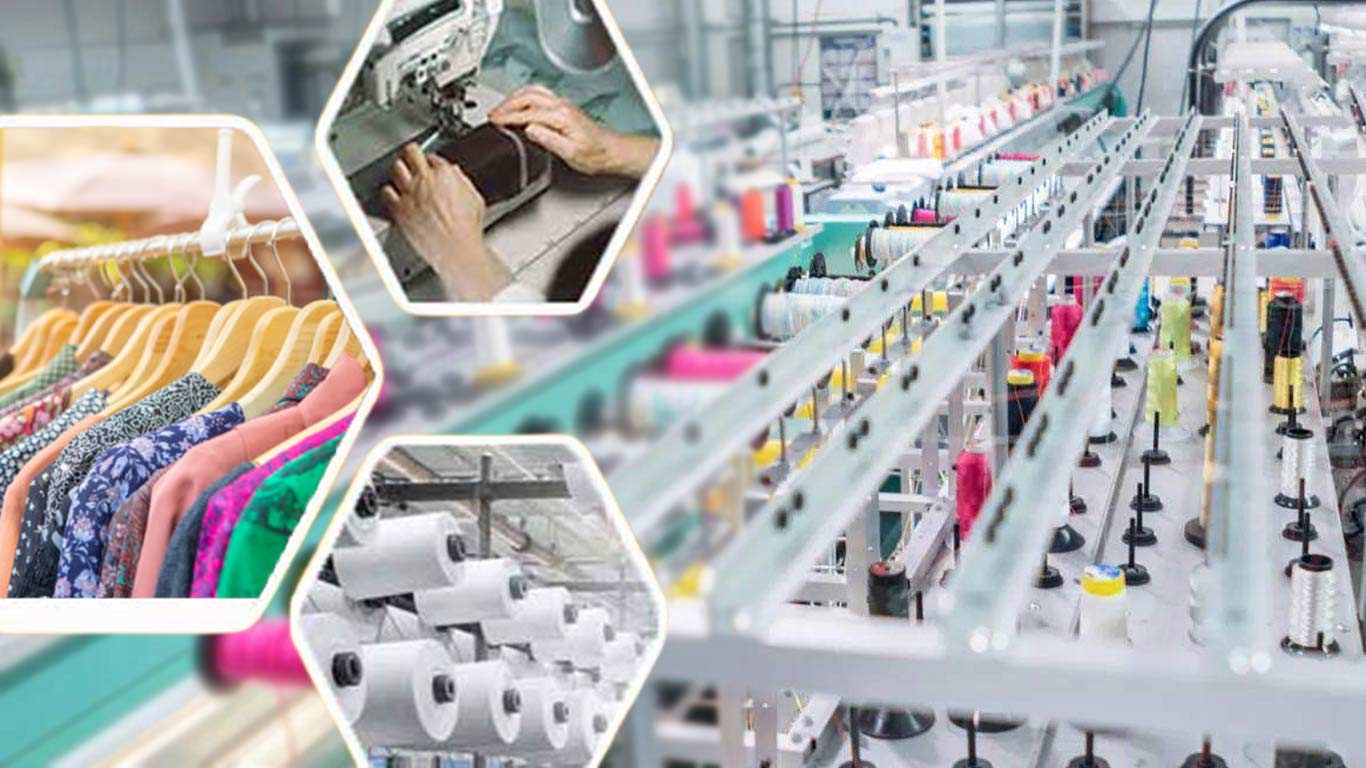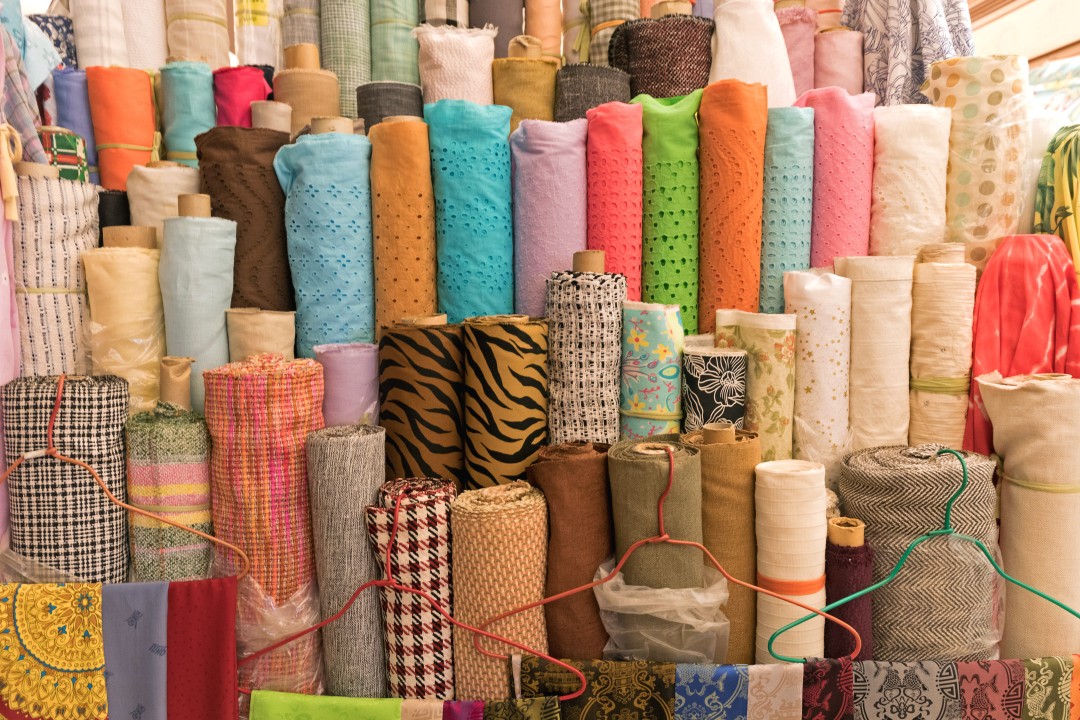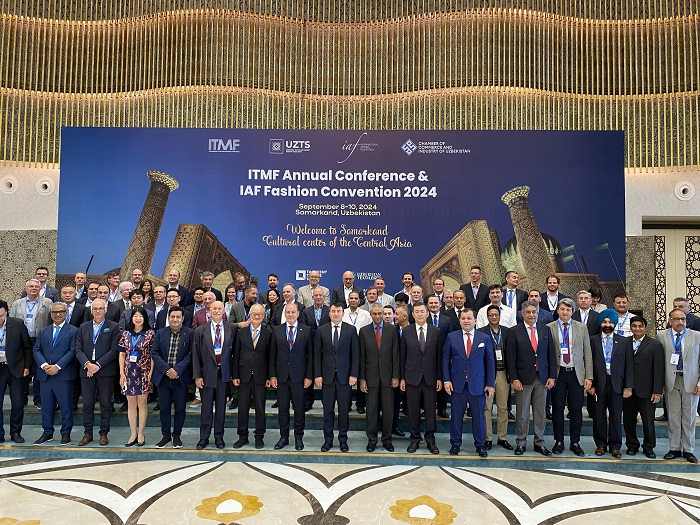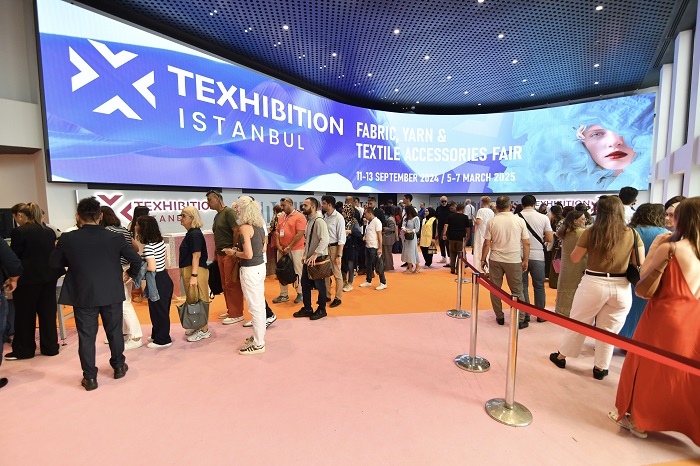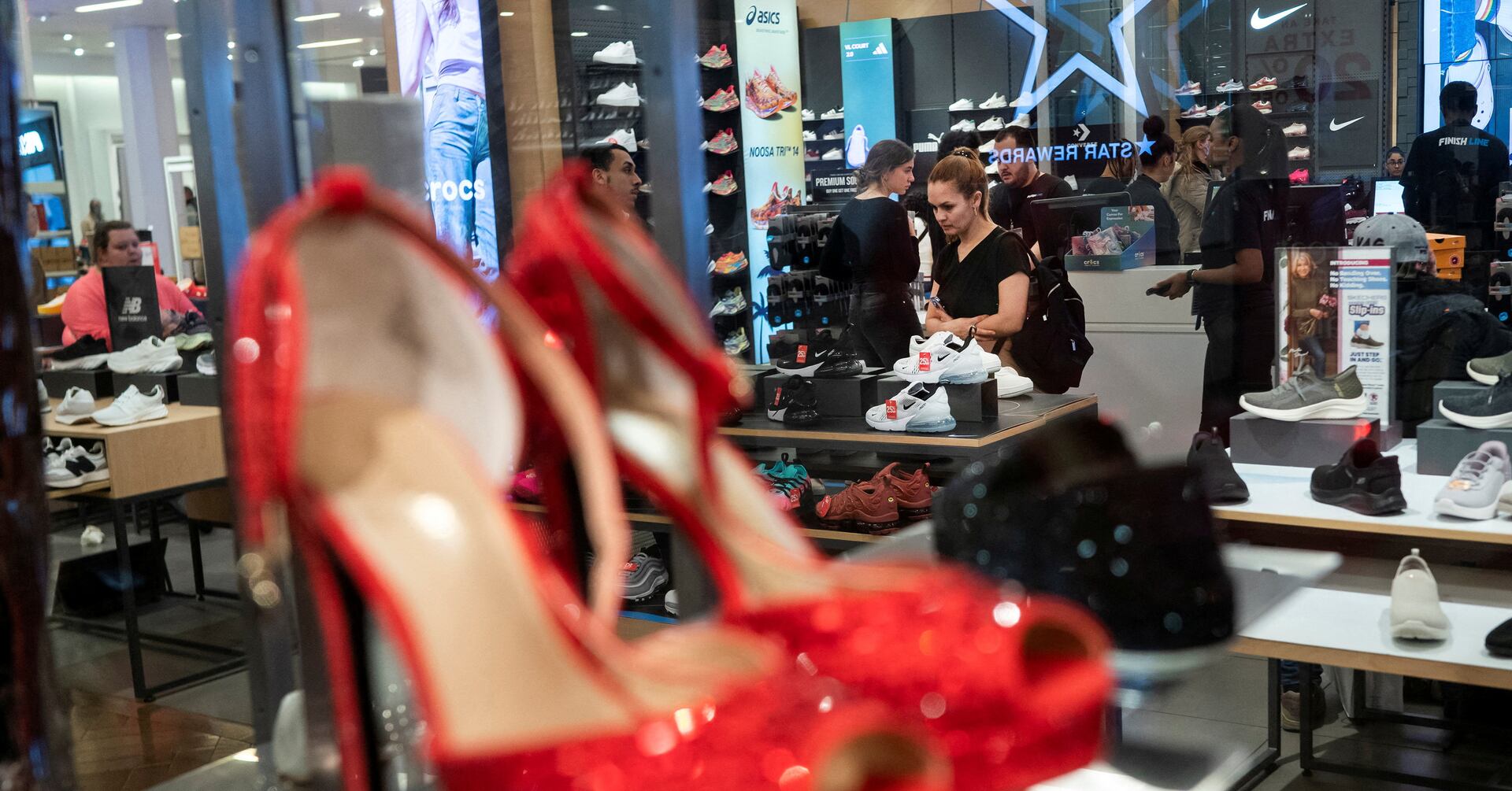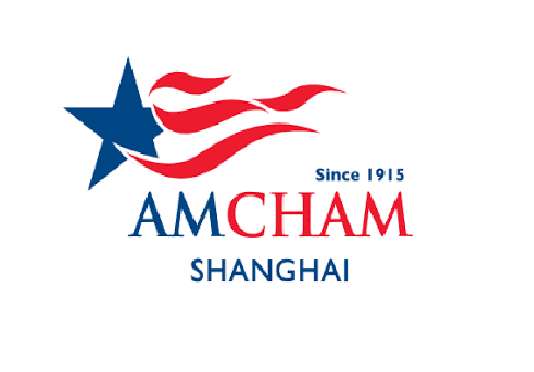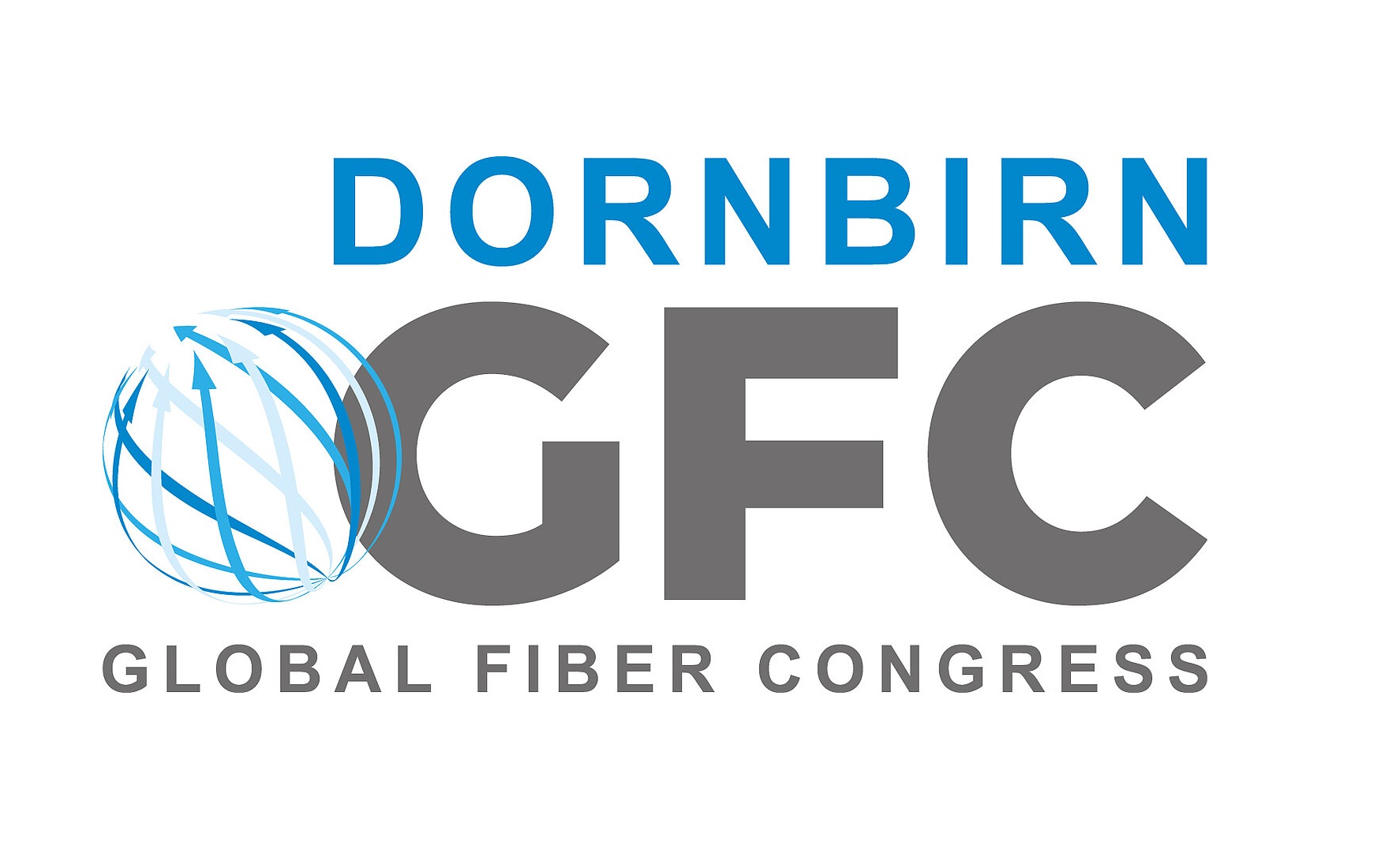FW
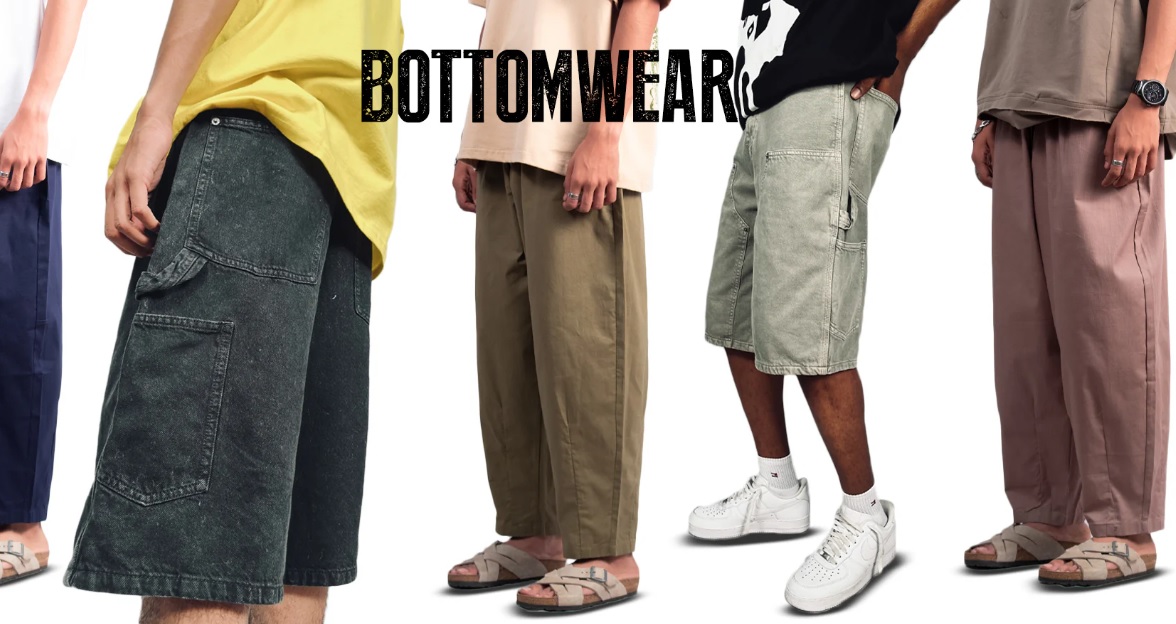
The US bottomwear market, once dominated by denim and athleisure, is undergoing a change. With an estimated value of over $40 billion, this sector is witnessing a shift in consumer preferences, fashion trends, and overall market dynamics.
Recent years have seen a distinct change in the US bottomwear market. American consumers are increasingly moving away from activewear, sweats, and denim, and leaning towards more polished, casual styles like chinos and dressy trousers. This shift has led to a decline in denim sales, the third-largest apparel category in the US, despite the overall apparel market showing signs of improvement.
Denim sales on decline
Valued at nearly $17 billion, denim remains a dominant force in the bottomwear market, but its sales have recently lagged behind the broader apparel market. While the overall apparel sector is showing signs of recovery with projected growth in 2025, denim sales declined by 4 per cent year-over-year in the first quarter of 2024.
The biggest loser in this evolving market is undoubtedly the skinny jean. Once a wardrobe staple, skinny jeans have seen a significant decline in popularity, particularly among mass-market brands. This decline is partly attributed to the rise of looser, more relaxed fits that align with the current "polished, casual" trend. Anincrease in demand for "polished, casual" styles like dressy trousers and casual pants, reflect a broader shift in consumer tastes away from athleisure and denim.
Fashion and trend drivers
The rise of "polished, casual" wear underscores a growing desire for versatile clothing that bridges the gap between formal and casual attire. As workplaces become more relaxed and social events embrace a less rigid dress code, consumers are seeking bottomwear that offers comfort and style, suitable for a variety of occasions.
Key takeaways
• Diversification of styles: The bottomwear market is becoming increasingly diverse, with over 60 different combinations of rises and leg fits driving sales volume. This offers consumers greater choice but poses challenges for brands in terms of inventory planning and assortment management.
• The rise of premium denim: Premium and designer denim brands are outperforming the overall denim market, highlighting a growing preference for high-quality, on-trend styles.
• Impact of footwear trends: Footwear trends play a crucial role in shaping the bottomwear market. The resurgence of high shaft boots, for instance, could influence the demand for certain denim styles like skinny jeans.
Meanwhile, the enduring popularity of premium and designer denim brands like Agolde, Frame, and Mother highlights a growing preference for high-quality, trend-forward denim. These brands have successfully navigated the changing market by swiftly moving away from skinny jeans and embracing a wider range of silhouettes.
The US bottomwear market thus is undergoing a change, driven by evolving consumer preferences, shifting fashion trends, and the growing demand for versatile, comfortable clothing. While denim remains a significant player, its dominance is being challenged by the rise of "polished, casual" styles. The key to success in this changing landscape lies in understanding consumer needs, adapting to emerging trends, and offering a diverse range of high-quality products that cater to various tastes and lifestyles.

Imagine a world where your clothes come with a digital ID, revealing their story from fiber to fashion. This is the promise of Digital Product Passports (DPPs), a game-changer for the textile and apparel sector.
So what’s DPP? These are essentially secure electronic records containing a product's entire lifecycle information. This includes details like:
• Material composition (organic cotton, recycled polyester, etc.)
• Origin of materials and manufacturing
• Environmental footprint (water usage, carbon emissions)
• Care instructions
• Recycling information
Think of it as a digital birth certificate for your clothes, accessible through a QR code or similar technology.
Textiles taking the lead
The European Union (EU) is at the forefront of this revolution. The EU's ambitious ‘Strategy for Sustainable and Circular Textiles’, identifies textiles as a priority sector for DPP implementation. This focus stems from the industry's significant environmental impact. "Textiles have been earmarked as a key industry for overhaul under the EU's Circular Economy Action Plan," explains a recent article by Protokol, a business intelligence platform. "Digital Product Passports are being mandated as a core technology for the initiative."
The EU's Ecodesign for Sustainable Products Regulation (ESPR) is expected to mandate DPPs for all textiles sold within the EU by 2027-2028. While specifics are still being developed, the goal is clear: to ensure transparency and promote a more sustainable textile industry by 2030.
How it works
Trace4Value, a Swedish research project, is pioneering DPP implementation. "Our project's overarching goal is to improve transparency and sustainable production practices," explains their website. They envision a system where a QR code on the clothing label links to the product's DPP, accessible to consumers and stakeholders alike. Imagine a garment with a DPP revealing its use of recycled materials or water-saving dyeing techniques. This empowers consumers to make informed choices that align with their values.
Benefits beyond consumers
DPPs hold advantages for the entire textile value chain. Brands can showcase their commitment to sustainability, attracting eco-conscious consumers. Manufacturers can improve traceability and resource management. Regulators can ensure compliance with environmental regulations.
Standardization and data security remain crucial challenges. Collaboration across the industry is essential to ensure smooth implementation. However, the potential benefits are undeniable. As industry analyst Sandra van't Veer states in a GS1 Europe report, "The new EU sustainability textile strategy positions the Digital Product Passport as a game changer for the textile industry".
The digital age is transforming the clothing industry, and DPPs are poised to revolutionize transparency and sustainability in textiles. With the EU leading the charge, this innovation has the potential to reshape the way we produce and consume clothing on a global scale.
At a recent press conference in Lahore, Pakistan, prominent business leaders SM Tanveer, Patron-in-Chief, United Business Group (UBG) and ZakiAijaz, Regional Chairman, Federation of Pakistan Chambers of Commerce and Industry (FPCCI), urged the government to take immediate action to secure $5 billion worth of textile orders from Bangladesh.
The demands made by Tanveer and Aijaz included a reduction in electricity tariffs, restoration of SRO 1125 for exports, and a decrease in interest rates.
They warned, Pakistan might lose these lucrative orders to India, Cambodia or Vietnam, if the government fails to act swiftly. The leaders also expressed concern over the closure of textile industries in Faisalabad and announced that the UBG will present a plan of action to the Faisalabad Chamber of Commerce and Industry on August 23.
Further the leaders cautioned, a delay in resolving the Investment Policy (IP) issues by the government may result in Pakistan losing orders worth $5 billion. Prompt action is needed to protect the country’s industrial assets, they added.
Natural fibres are revolutionizing various industries, merging sustainability with high performance. At Techtextil 2024, the ‘Nature Performance’ area highlighted this growing trend, showcasing how natural materials are becoming essential for sectors like automotive, construction, and fashion.
One standout exhibitor was Canadian start-up Vegeto, which introduced biodegradable thermal insulation made from milkweed and biopolymer fibres derived from corn starch and kapok. Their innovative plant-based jacket lining drew significant attention, impressing visitors with its quality and sustainability.
Turkish company Anatolian Colors presented natural dyes that rival traditional chemical dyes in durability and color quality. Their participation led to talks with major fashion brands, signaling a shift towards eco-friendly textile production.
Swiss start-up OceanSafe introduced ainnovative circular polyester material, fully biodegradable yet retaining the durability and functionality of conventional polyester. The material attracted diverse interest from sectors including automotive, medical, and construction.
The Discover Natural Fibres Initiative (DNFI) also played a central role at the event, promoting the use of natural fibres across industries. Sandra Bohne, Managing Director of DNFI member Fibral Material Alliance, noted the increased interest from companies exploring sustainable alternatives to synthetic fibres.
As the demand for natural, high-performing materials continues to rise, Techtextil 2026 is expected to focus even more on these innovations, positioning natural fibres at the forefront of the sustainable textiles movement.
Louis Vuitton has appointed football star Jude Bellingham as the latest ambassador of the French luxury brand.
Having commenced his sporting career at Birmingham City Football Club, the budding English footballer later headed to Borussia Dortmund, and then Real Madrid, where he became the top league scorer. The 21-year-old star has also stood on the international stage with England’s national team, establishing himself as one of the most promising talents in international football.
In his short career, key accolades achieved by Bellingham include being named this year’s La Liga Player of the Season, where he was instrumental for Real Madrid in their La Liga and Champions League wins.
The brand has released several photographic images cementing this partnership. Lensed by photographer Gabriel Moses and styled by Matthew Henson, these photographs show Bellingham is showing scoring the celebration pose with open arms.
Bellingham joins a vast roster of celebrity ambassadors including K-pop star Lisa, from BlackPink, Zendaya, Cate Blanchett, and, Chloe Grace Moretz, among several others.
Turkish denim brand Mavihas launched the Indigo Turtles capsule collectionfor the 11th consecutive year. Featuring a special edition cotton T-shirt and bucket hat, this collection is designed to raise funds and awareness for the conservation of endangered sea turtles.
Launched as a part of the Indigo Turtles project for the Ecological Research Society (EKAD), the collection is available on Mavi’s website and the brand’s stores across Canada.
Customers who purchase items from the Indigo Turtles collection directly contribute to the protection of sea turtles. For every T-shirt or bucket hat sold at $28 each, five baby sea turtles are adopted, and Mavi donates to preserving their natural habitat.
Mavi’s ongoing support for EKAD highlights the brand’s commitment to environmental sustainability. Through its All Blue collection, the brand also emphasises the use of sustainably-sourced cotton, efficient washing processes, and laser finishing technology.
CENTRESTAGE, Hong Kong’s premier fashion event organized by the Hong Kong Trade Development Council (HKTDC) and sponsored by the Cultural and Creative Industries Development Agency (CCIDA), will unfold from September 4 to 7 at the Hong Kong Convention and Exhibition Centre. For the first time, the event will be open to both industry buyers and the public for all four days.
This year's highlights include the "Home Coming" grand opening show at the Hong Kong Palace Museum on September 3, featuring Hong Kong-born designer Robert Wun, a star at Paris Haute Couture Fashion Week. His collection will also be showcased at CENTRESTAGE, where he will host a masterclass on September 5.
CENTRESTAGE 2024 will feature over 250 brands from 17 countries, including Roksanda, a British label favored by celebrities like Lady Gaga and Kate Middleton. RoksandaIlincic herself will attend, engaging with attendees in a special session.
The event introduces new zones focusing on Athleisure and Circular Fashion, reflecting current trends. The runway will also feature a cinematic collaboration for the Fashion Hong Kong Runway Show, directed by Steve Chan, transforming traditional presentations into storytelling experiences.
Key industry players, including the Hong Kong Fashion Designers Association and Redress, will participate, alongside global institutions like the Singapore Fashion Council and Japan's Ueda College of Fashion.
Seminars will explore future industry developments, with a focus on innovation and sustainability. The Redress Design Award 2024 finals and the Young Knitwear Designer’s Contest will take place, leading to the grand finale: the Hong Kong Young Fashion Designers' Contest (YDC) on September 7.
With this robust lineup, CENTRESTAGE continues to cement Hong Kong's position as a global fashion hub, showcasing the best of east-meets-west creativity.
The Social & Labor Convergence Program (SLCP) has unveiled new Guidance on the EU Corporate Sustainability Reporting Directive (CSRD). This Guidance highlights how SLCP’s Converged Assessment Framework (CAF) aligns with CSRD requirements and identifies areas beyond its scope.
As the CSRD introduces mandatory sustainability reporting, it becomes crucial for companies inside and outside the EU to enhance transparency and address human rights risks in global supply chains. SLCP’s CAF, designed to meet international labor standards and national laws, offers reliable data to aid in human rights disclosures.
SLCP’s Guidance clarifies how its data supports CSRD compliance, detailing the CAF’s role in meeting specific disclosure requirements and its limitations. It is an essential resource for brands preparing for reporting obligations and for manufacturers navigating CSRD complexities.
Joe Wozniak, Head of Trade for Sustainable Development at the International Trade Centre, underscores the significance of the new Guidance. He notes that a clear and transparent explanation of SLCP’s role in European Sustainability Reporting Standards is crucial, particularly for smaller companies. He points out that effective disclosures rely on credible data, which improves transparency about the impact of supply chains on workers—something that SLCP’s Guidance supports.
This new resource is set to assist stakeholders in understanding and implementing the CSRD effectively.
The global textile industry continues to grapple with a challenging business environment, according to the International Textile Manufacturers Federation's (ITMF) Global Textile Industry Survey (GTIS) conducted in July 2024. While the current business situation remains bleak due to persistently low order intake, there is cautious optimism for improvement in the next six months.
Order intake showed a slight improvement in July, reaching -20 percentage points (pp) compared to -24pp in May and a significant recovery from the -50pp recorded in November 2023. Despite this, capacity utilization dropped slightly to 68 per cent, a level last seen at the end of 2023.
Weak demand remains the primary concern for 66 per cent of survey participants. Geopolitical tensions have emerged as the second major concern, with 40 per cent citing it as a significant issue, reflecting the impact of global conflicts on consumer and investor sentiment. High costs, particularly in logistics (24 per cent), raw materials (27 per cent), and energy (22 per cent), continue to strain the industry.
Notably, order cancellations are no longer a significant problem, and inventory levels across the textile value chain are stable. Retailers and brands, who had struggled with excess inventory since late 2022, have now reduced stock to manageable levels, potentially leading to increased orders in the coming months.
Archroma, a global leader in specialty chemicals, is showcasing its latest "Planet Conscious+" innovations at Febratex 2024 in Brazil, aiming to empower the region's textile mills and brands in driving sustainability.
Leonardo Harsch, VP of South and Central Americas at Archroma Textile Effects, emphasized Brazil's leadership in sustainability due to its integrated textile supply chain. He noted that Archroma's solutions tackle challenges in water and energy use, chemical management, and waste reduction while enhancing global competitiveness.
At Febratex 2024, Archroma is spotlighting its Super Systems+, an end-to-end suite combining fiber-specific processing solutions and intelligent effects. These systems include sustainable wet processing techniques, durable colors, and eco-friendly chemistries. Highlighted technologies include Denim Halo, aniline-free Denisol Pure Indigo 30 LIQ (stands for liquid), and EarthColors, which utilizes bio-waste to create dyes.
Also featured are Ultratex STS-U, a hydrophilic silicone softener for cotton blends; Siligen EH1, a biomass-based softener with moisture management; Avitera Se Generation Next, offering resource-saving dyeing solutions; and Eriopon E3-Save, an all-in-one auxiliary for cellulosic fibers.
Febratex, one of the Americas' largest textile trade fairs, takes place in Blumenau from August 20-23, 2024.

